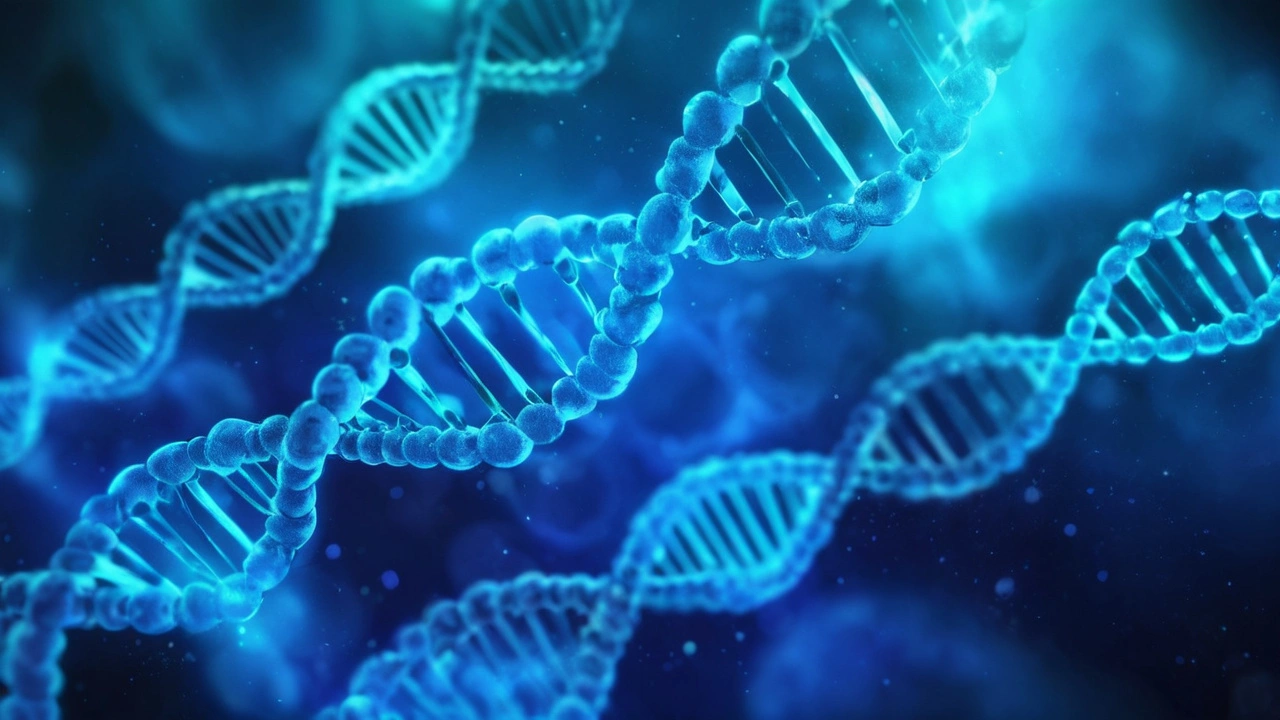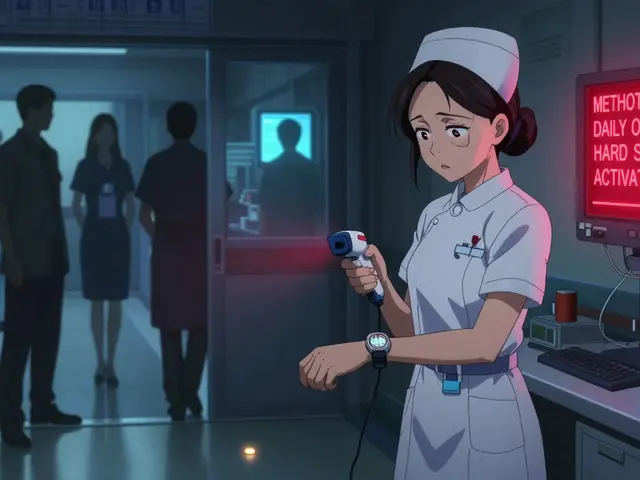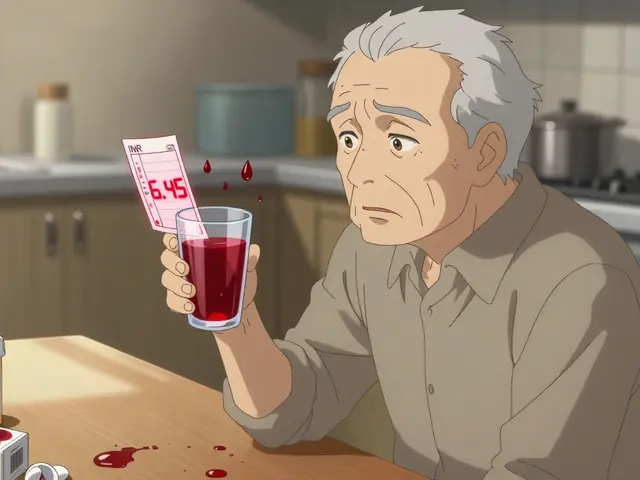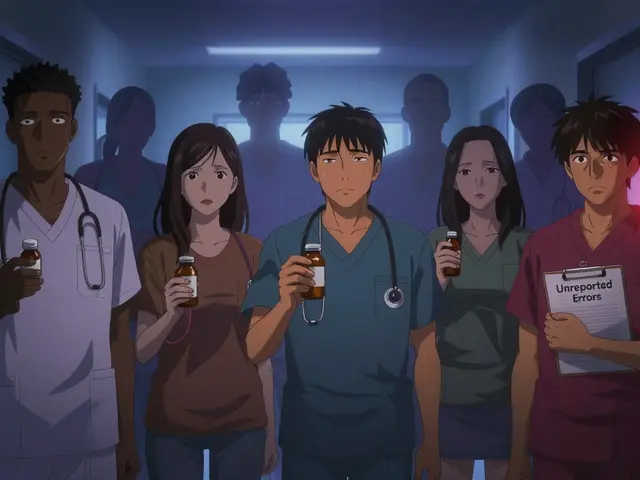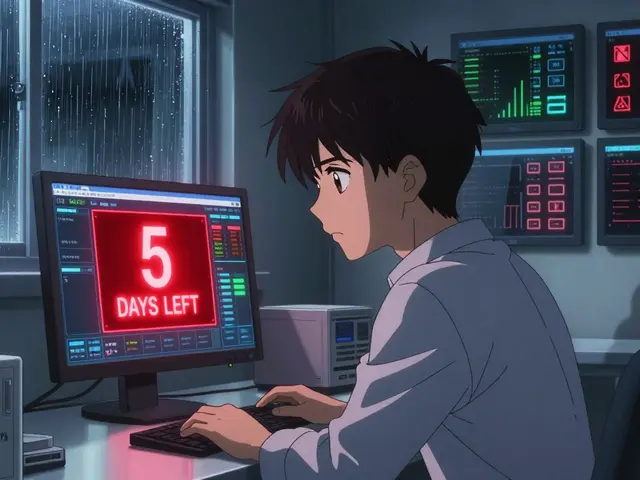Kidney Failure – What You Need to Know
If you’ve heard the term “kidney failure” and felt a knot in your stomach, you’re not alone. It sounds scary, but understanding what’s happening can make it less intimidating. Your kidneys filter waste, balance fluids, and keep blood pressure steady. When they stop working well, toxins build up and everyday life gets harder.
First off, there are two main types: acute kidney injury (AKI) that shows up quickly, often after an infection or severe dehydration, and chronic kidney disease (CKD) that sneaks in over years. Chronic kidney failure is what most people mean when they talk about “kidney failure.” It usually develops slowly, so spotting early signs can save a lot of trouble later.
Common Causes of Kidney Failure
The biggest culprits are high blood pressure and diabetes. Both damage tiny blood vessels in the kidneys, reducing their ability to filter properly. If you’ve been told your BP is over 130/80 or you have a sugary diet, it’s worth checking your kidney health regularly.
Other reasons include prolonged use of painkillers like ibuprofen, recurring urinary tract infections, and autoimmune diseases such as lupus. Even genetic conditions can play a role—polycystic kidney disease creates fluid‑filled cysts that eventually crowd out healthy tissue.
Lifestyle matters, too. Smoking narrows blood vessels, and being overweight adds extra strain on kidneys. If you’re over the recommended weight, losing even 10 % can lower the risk of CKD progressing to failure.
Managing Life with Kidney Failure
When kidney function drops below about 15 % of normal, doctors talk about end‑stage renal disease (ESRD). That’s when dialysis or a transplant becomes necessary. Dialysis isn’t as scary as it sounds—think of it as an artificial kidney that does the filtering for a few hours several times a week.
Before you get to that point, there are everyday steps you can take. Keep blood pressure in check with low‑salt meals and regular exercise. If you have diabetes, monitor your glucose levels tightly; even small improvements cut down on kidney damage.
Stay hydrated, but don’t overdo it. A good rule is to drink enough water so your urine is light yellow most of the time. Cut back on processed foods that are high in phosphorus and potassium—these minerals can build up when kidneys falter and cause heart problems.
Regular check‑ups are a must. A simple blood test called eGFR (estimated glomerular filtration rate) tells how well your kidneys are filtering. If the number is dropping, your doctor may adjust meds or suggest a diet plan to slow the decline.
If you’re already on dialysis, focus on what you can control: stick to the fluid limits your team sets, follow the prescribed diet, and stay active. Even short walks boost circulation and help keep other organs happy while your kidneys take a break.
Considering a transplant? Talk to a nephrologist about the waiting list, donor options, and post‑surgery care. Many people feel better after a successful transplant, but you’ll need lifelong medication to prevent rejection.
The bottom line: kidney failure isn’t a one‑size‑fits‑all story. It’s a mix of medical facts and daily choices. By knowing the warning signs—fatigue, swelling in ankles, changes in urine—and acting fast, you can keep the condition from spiraling.
Need reliable meds or supplements to support kidney health? MyCanadianHealthcareMall offers affordable options vetted by professionals, so you don’t have to hunt around for trustworthy sources. Talk to your doctor, stay informed, and take small steps every day—your kidneys will thank you.
Valacyclovir-Induced Neurotoxicity in Renal Failure Patients: A Case Study
This article explores a reported case of neurotoxicity triggered by valacyclovir in a 77-year-old patient with kidney failure on hemodialysis. After treating her shingles with valacyclovir, the patient exhibited severe neurological symptoms. The piece underscores the significance of quick diagnosis and treatment, especially in those with chronic kidney disease, to prevent life-threatening outcomes.

